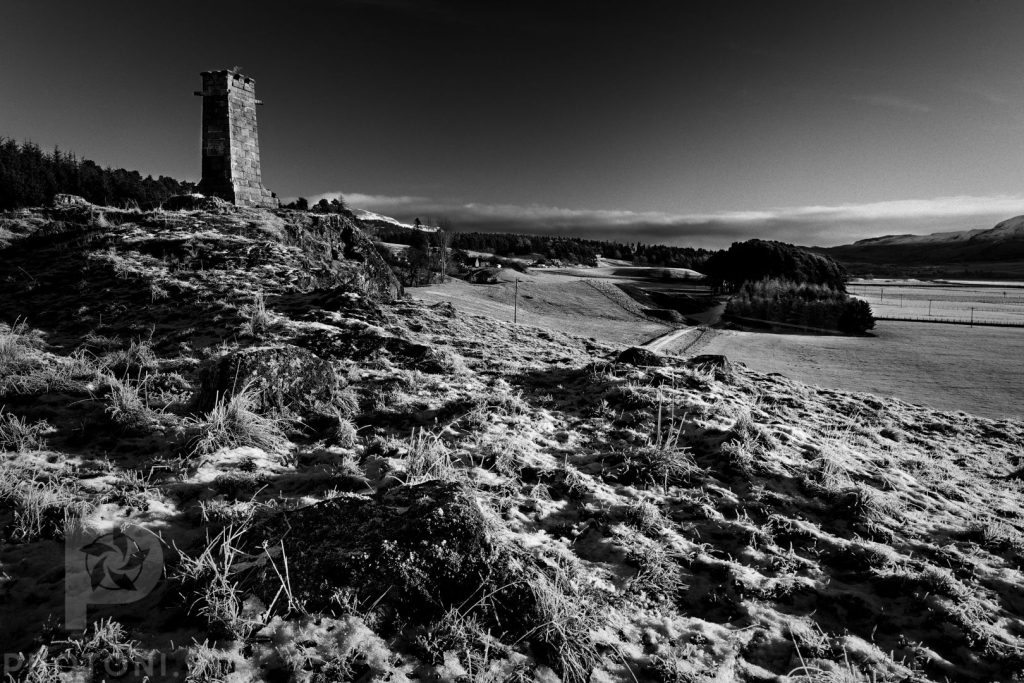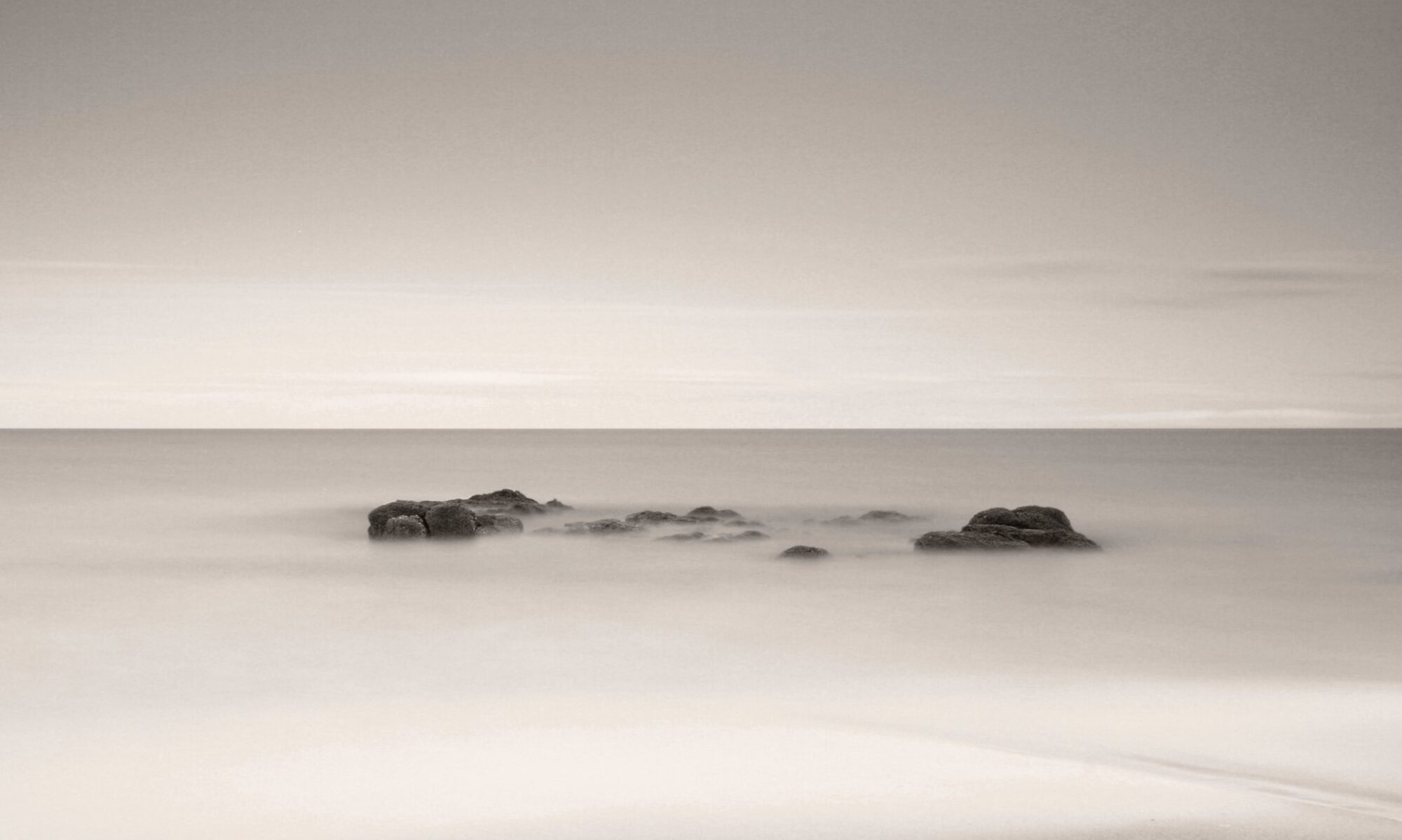There’s something jarring about seeing “Jane Smith Photography” splashed across social media bios and business cards, especially when the portfolio behind it consists of a handful of unremarkable shots taken last month.
There is nothing wrong with taking photography seriously, I do. I spent countless hours studying how people take photos and practicing. But declaring you’re “photography” is telling the world that you’ve arrived, you’re an expert worthy of being noticed and your stuff is worth buying (that usually comes hand in hand).

Photography is a journey. The moment you declare yourself an expert is the moment you stop growing. Some of the most profound images in history were captured by photographers who, despite decades of experience, still approached each shot with the wonder of a beginner.
The digital age has made it easier than ever to take technically competent photographs. Auto-focus, exposure compensation, and post-processing software can make anyone’s images look superficially impressive. But technical competence isn’t mastery, and mastery isn’t something you can proclaim for yourself.
I put my photos online for people to see. But I don’t think I’ve arrived. I don’t think I’m a master. I don’t think what I do is better than the next person. I don’t think my stuff is worthy of anyone’s money. It’s just in case people enjoy them. I don’t publicise them anywhere. I don’t try to attract traffic to my sites.
I’m learning. I’ve been learning for the last 20 years or so. I have found my style, but I haven’t yet mastered what a good photo is. I know it. I’m not sure I can even define what a good photo is and not disagree with the definition the next day.
Consider the great photographers who shaped the medium. Henri Cartier-Bresson spent decades perfecting his craft, yet he always described himself simply as someone who took pictures. Vivian Maier never sought recognition at all, leaving behind a treasure trove of street photography discovered only after her death. Their work spoke for itself, without the need for self-aggrandizing titles or artistic pretensions.
When I was a kid, I read The Apology of Socrates. I got me into his ideas and I read more about them. I was struck by the humble reasoning Socrates tried to instil in his disciples and others by asking simple questions and the eventual conviction that the search for knowledge leads to the certainty of ignorance. This was solidified in my mind when I did a PhD: after a year of literature review I realised how little I know about something I had been doing for years.
True growth in photography comes from:
– Admitting what you don’t know. Unless you accept that you need to learn more, you won’t.
– Learning from every shot, especially the failures. Take lots of bad photos, even really bad ones, and criticise them honestly.
– Studying the work of others. Look at what others do and how to understand the rules, when to break them, and how to achieve the look you want.
– Understanding that technical skill is just the beginning. It’s like driving a car: before you can even want to be a good driver, you need to internalise the mechanics of driving.
– Accepting criticism gracefully. Others know better than you, listen to them. And even those who don’t have as much experience can have valid points.
– Recognising that your best photo might still be ahead of you. Don’t rest on your laurels when you’ve taken a good photo. It’s only a milestone.
The path to becoming a better photographer isn’t paved with watermarks and business cards. It’s marked by early mornings spent chasing light, by countless deleted images that didn’t make the cut, by moments of doubt and breakthrough. It’s about developing your eye, not your personal brand.
When you see someone whose entire photographic identity seems built around declaring their own expertise, especially when that expertise is supposedly proven by the fact that present themselves as a brand, be sceptical. The best photographers are often the ones who let their images do the talking, who remain students of their craft even after years of practice.
Remember: every famous photographer started as an amateur. Every iconic image began with someone who was willing to learn, to fail, to try again. The difference is that they focused on the work, not on telling everyone they were soon to be famous artists.
So keep your camera close and your ego in check. Share your work because you love it, not because you’re trying to build a brand. Study the masters but don’t proclaim yourself one. And most importantly, never stop learning. The moment you think you’ve mastered photography is the moment you’ve missed its greatest lesson: there’s always more to see, always more to learn, always another perspective to consider.
Photography isn’t about arriving – it’s about the journey. And that journey is infinitely more rewarding when travelled with humility.
#Photography #Opinion #PhotographyTheory #Theory

